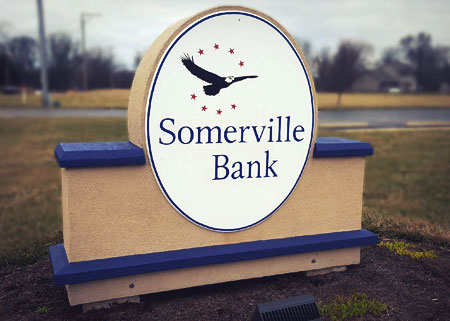A home – for most people – is the largest financial commitment of a lifetime. Obtaining a mortgage rate that accommodates your financial situation and is considered to be ideal involves more than just a bit of comparison shopping.
It is important that you realize this – right at the beginning of the endeavor – especially if you are a first-time homebuyer. There are many considerations that must be made in order to determine if a particular mortgage is right for you.
In this brief guide, you will learn three basic questions that should be asked to ensure that you are in the process of deciding which mortgage is most appropriate for your situation.
Question #1: Is a Fixed Rate Mortgage or an Adjustable Rate Mortgage the Best Option?
When shopping for a mortgage, you will be presented with two options: fixed rate and adjustable rate. It is imperative that you learn about each so that you are able to determine which is best for your individual needs. A fixed rate mortgage is a type of mortgage that locks you in on a consistent interest rate that will be paid over the entire lifetime of the loan. The adjustable rate mortgage has an interest rate that fluctuates up and down over the entire life of the loan.
This type of mortgage typically starts with an introductory period of 1 to 10 years that the interest rate remains the same; however, following this time period, the interest rate will change – based on the index chosen by the bank in which you have obtained the mortgage.
While the adjustable rate mortgage often seems ideal because of a lower introductory rate, it is important to remember that this rate is sure to change immediately following the introductory period.
Question #2: How Much Will Need to be Paid in Closing Costs?
In most instances, closing costs will end up equally approximately 3% of the total purchase price of a home. Once the finalization of the home has occurred, you will be required to pay the costs. These costs include lending fees, processing fees, appraisal fees, insurance fees, and fees that are similar in nature.
In order to reduce the amount of the closing costs, it is imperative that you shop around to determine which lender has the lowest amount of fees on the process.
Question #3: How Much Should Be Put Down on a Home?
It is a known fact that a low down payment results in a higher interest rate on a mortgage. In order to avoid high interest rates, it is advised that – at least – 20% of the total purchase price is placed down on the home. If that is difficult, there is typically an option of 5%.
You must be aware of the fact that, if you put a low amount down on a home, you will probably be required to purchase private mortgage insurance. This will result in higher expenses.
If you have an interest in obtaining a mortgage for a home that includes a low interest rate, Somerville National Bank can help you. Simply contact one of our

 Somerville Bank has 8 Locations
Somerville Bank has 8 Locations